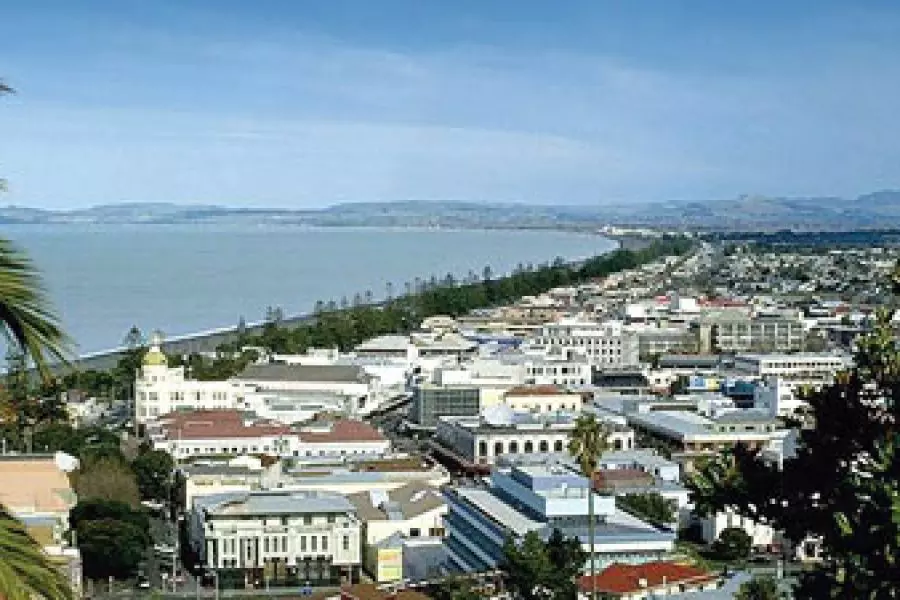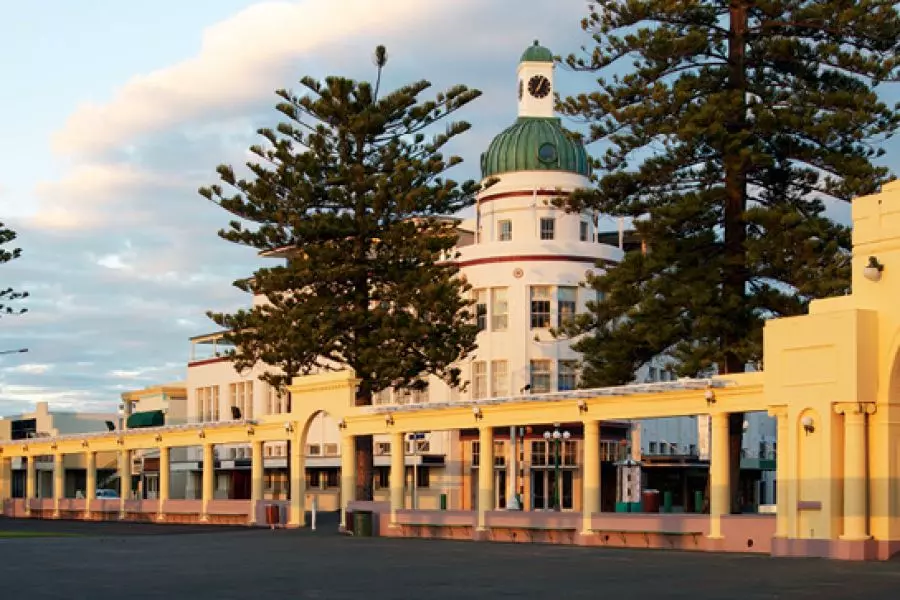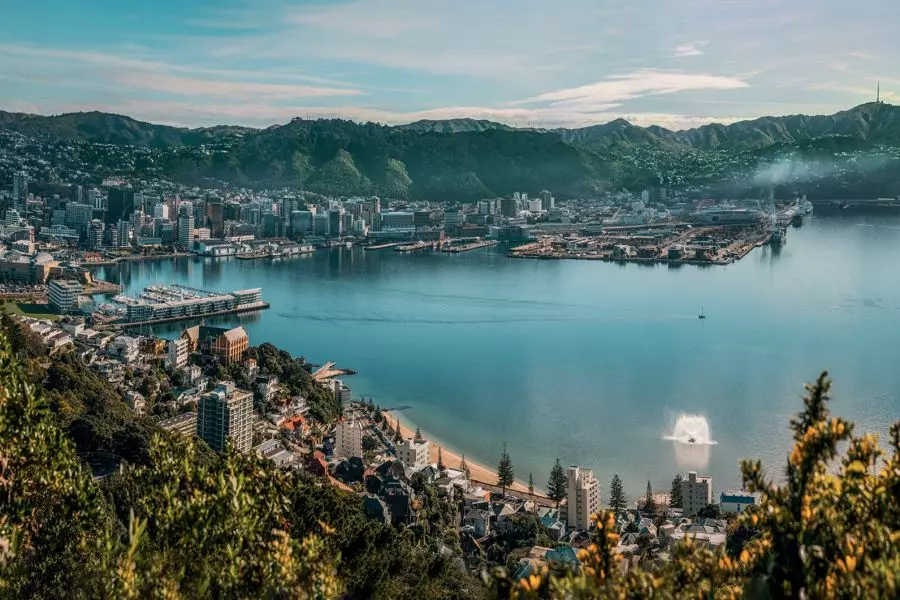
News
Hot demand in Hawke’s Bay

Tuesday 31st of December 2019
Hawke’s Bay’s population has risen by 10% in the past five years to surpass 160,000 – a staggering increase that has seen huge pressure on housing supply. The local economy is booming and with businesses expanding, people are flocking to the sunny district for work.
However, due to the buoyant tourism, viticulture and agricultural sectors, a lack of housing supply to s...
Want to read the full article?
Click the button below to subscribe and will have unlimited access to full article and all other articles on the site.
8 min read
10 min read





![[The Wrap] Bye Bye Bayly](https://goodreturns.publit.io/file/c_fill,w_900,h_600/39f23ac1-f7c7-4854-b700-a150004ebbac.webp)


